Visit or Call Our Sleep Guide Texas Showrooms
Our Texas Showrooms Are Here To Help With All Your Favorite Online Brands! And We Offer Exclusive Coupons To Save More!
Learn MorePlease note, we are proudly supported by our readers. The product links are referral based and if you purchase an item we make a small commission. For more information please see our disclosure page.
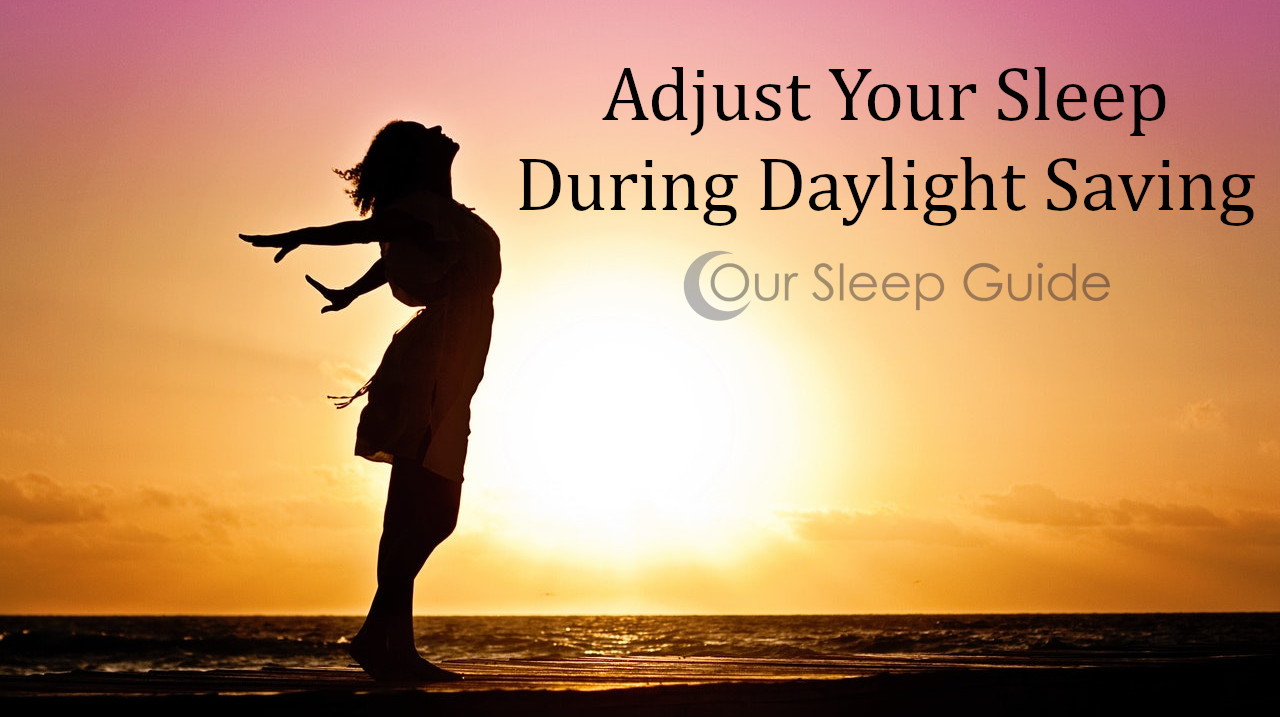
All of us here at Our Sleep Guide are big believers in great sleep. We think you should get great sleep all year round! Which is why we are here to give you all of the information you need to get great sleep during Daylight Savings Time. We answer questions on when it happens, whether you are losing sleep or gaining it. As well as tips on how you can adjust your sleep schedule in order to sleep well and avoid groggy mornings or late nights. Stick around to see how you can sleep well during daylight savings.
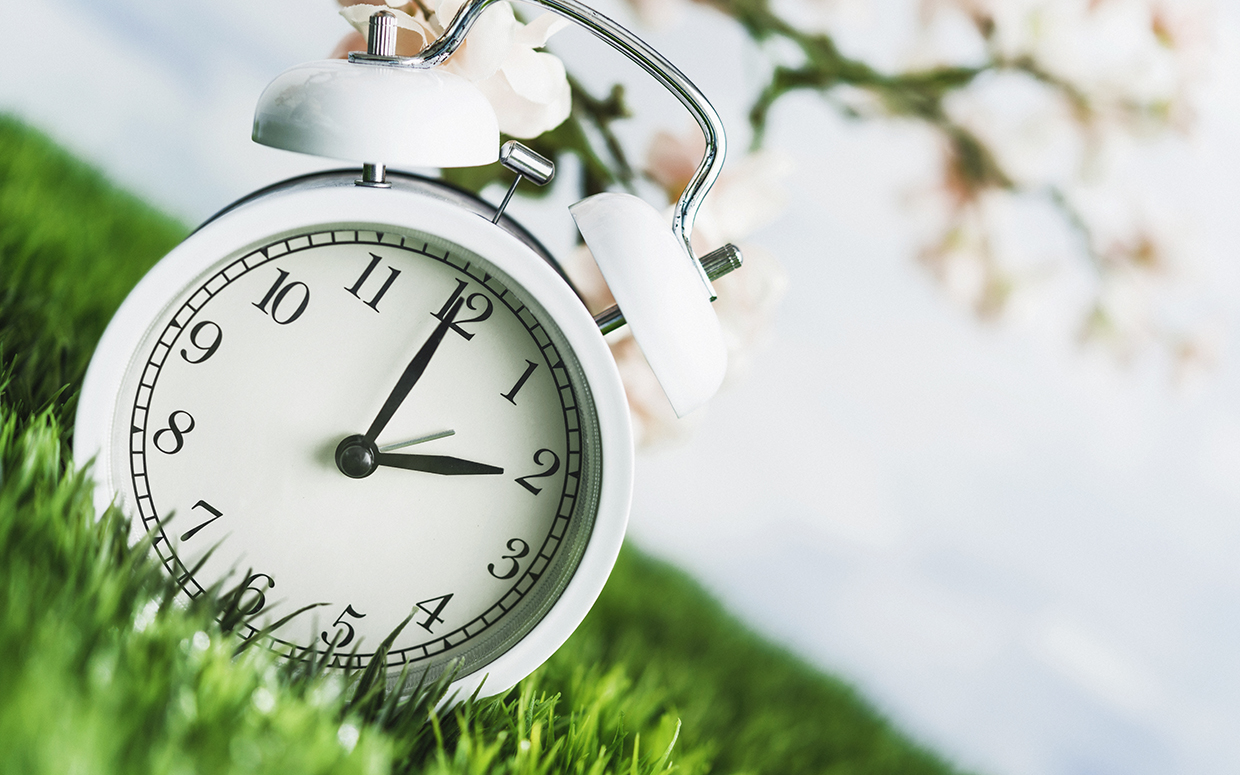
When does it happen?
More or Less Sleep?
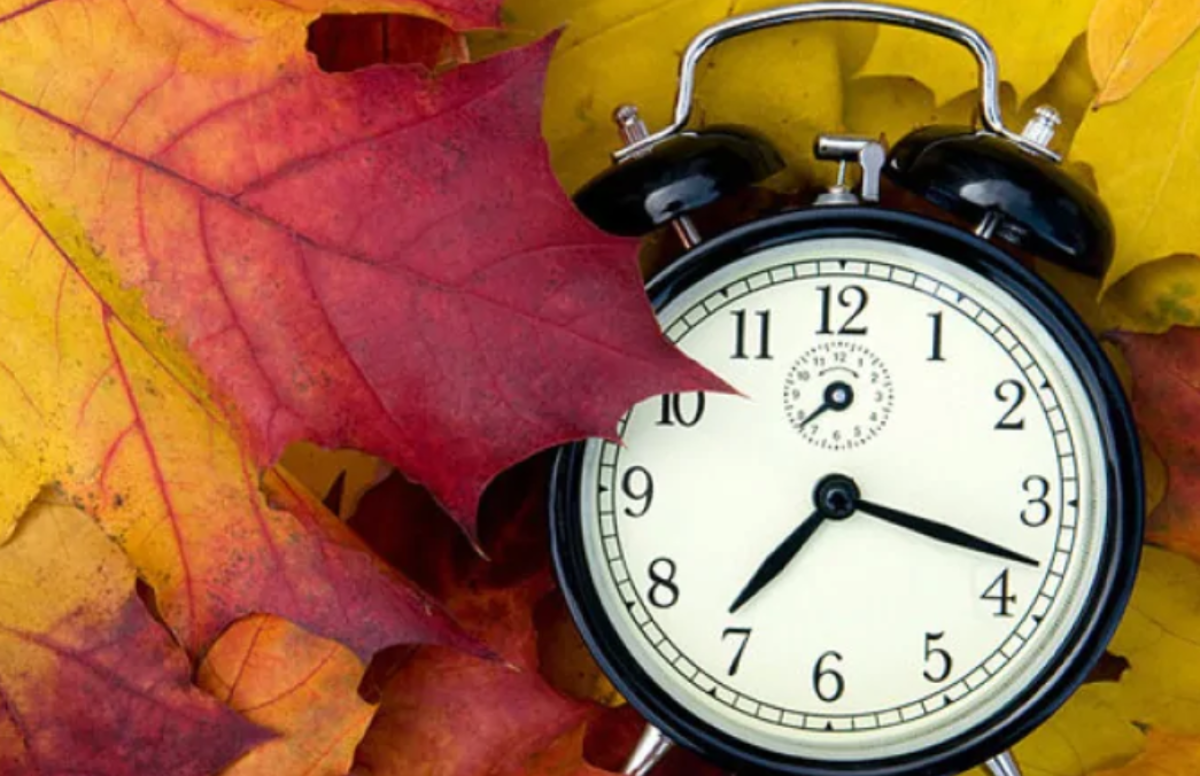
If you are already a morning person, then you may get slightly frustrated that you now have an extra hour to your morning. However, for many it serves as a welcome restart to getting up earlier and enjoying the time shift.
When does it happen?
More or Less Sleep?
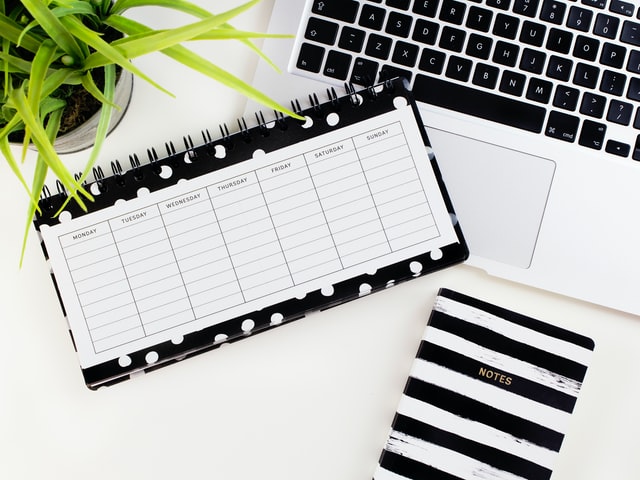
This way you can do it little by little instead of with one big shift of an hour overnight. Each day wake up a little earlier (or later) than you normally would.
This can also be a helpful sleep tip if you are waking up kids as well as yourself. Children often have a harder time adjusting to sleep schedules than adults do.
Giving them some time to slowly adjust may make it easier on them.
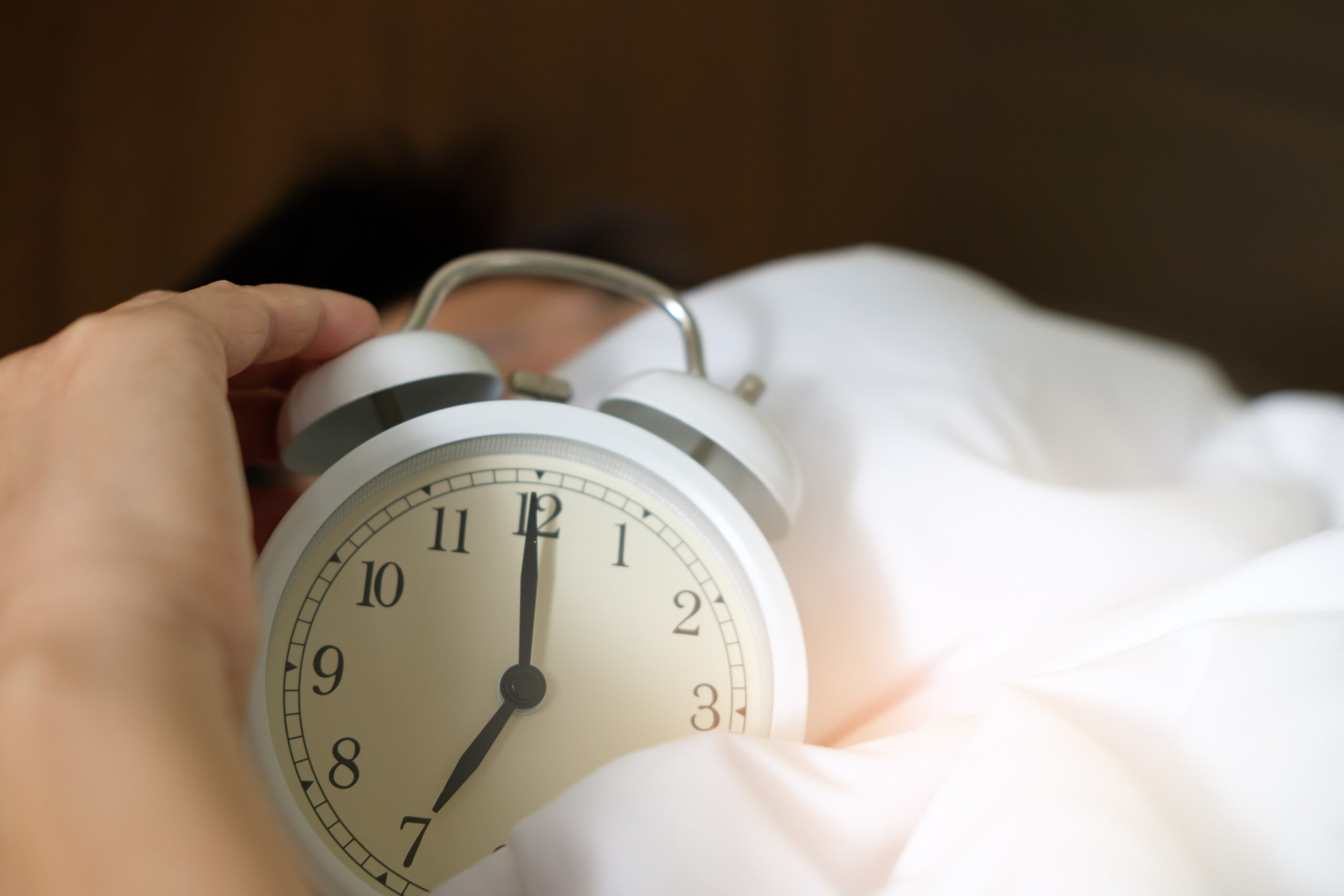
By getting more or less sleep respectively, it will either help you to sleep in longer or wake up earlier. Making the adjustment much easier. We highly recommend this tip, especially in spring when you are needing to wake up an hour earlier than you normally would in order to stay on schedule.
You May Also Enjoy: How To Get Your Kids Back On A Sleep Schedule

However, adjusting your caffeine intake with the new time will help your body to adjust to the new schedule. This will then of course make it easier to fall asleep and wake up as well. That being said, caffeine can be used during the spring time change to help you to rise earlier than you would normally.
Considering cutting out caffeine? Click here to learn more about how it could help you sleep.

This is not just your lunch break, but this also includes your breakfast, dinner, and even when you typically snack.
If you are unsure of what time you typically eat, try to get a good gauge on your eating schedule before daylight saving time. If you are an irregular eater, then you may find that scheduling your meal times might help you to regulate your sleep schedule.
You May Also Enjoy: The Best & Worst Foods To Eat Before Bed
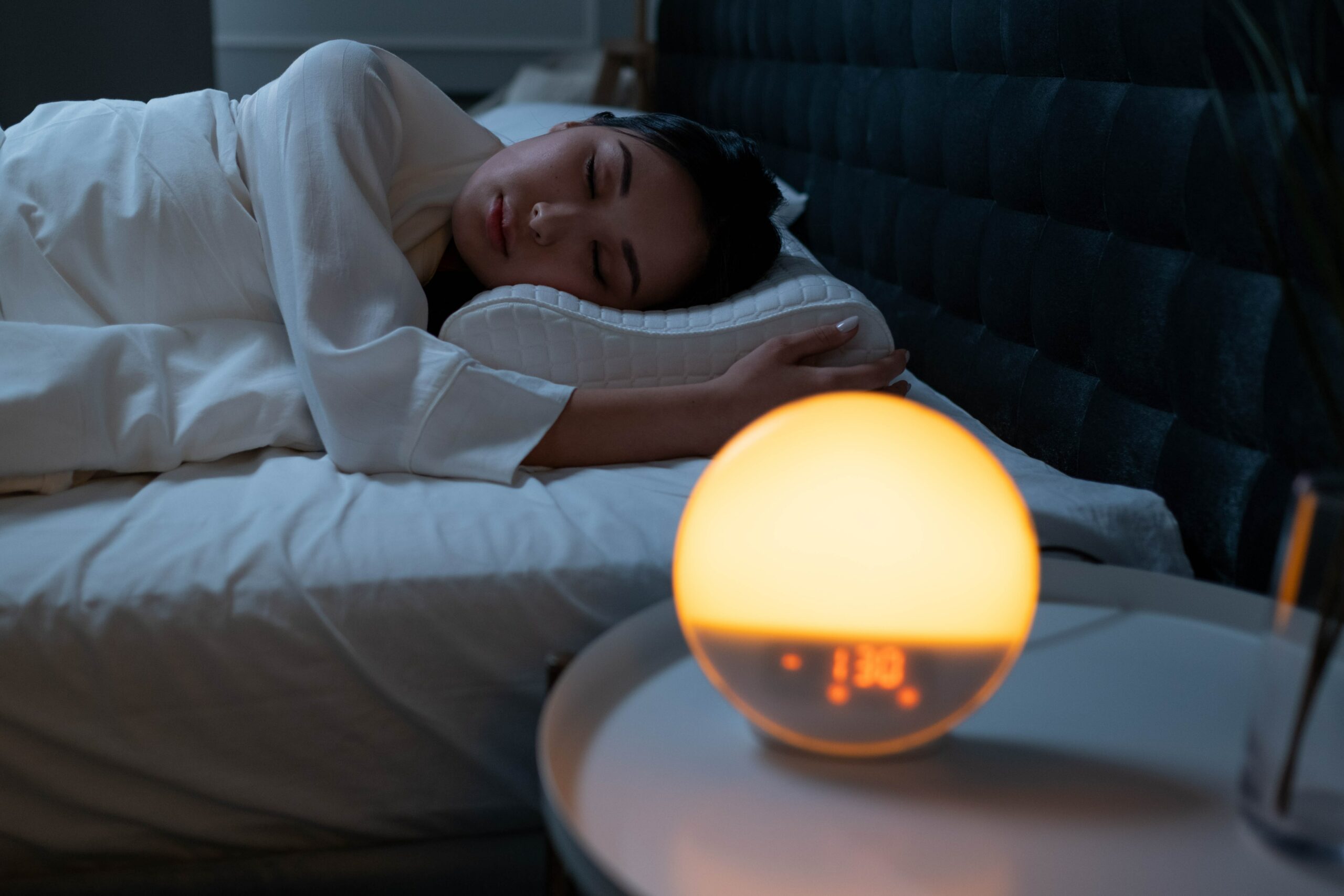
To make things easier on yourself, we recommend investing in a light alarm clock. This is a handy tip that has personally changed the way I wake up in the morning. Handy light based alarm clocks work with your biology to wake you up naturally as the sun would instead of with the sound of a blaring alarm.
How does it work? Light based alarm clocks can be set to slowly turn on light in your bedroom to mimic the sunrising. This slowly wakes you up out of your sleep naturally by working with your circadian rhythm. Once you have used a light-based alarm clock, you will never want to go back.
Learn more how your circadian rhythm works in our post: Chronotypes: Your Circadian Typology
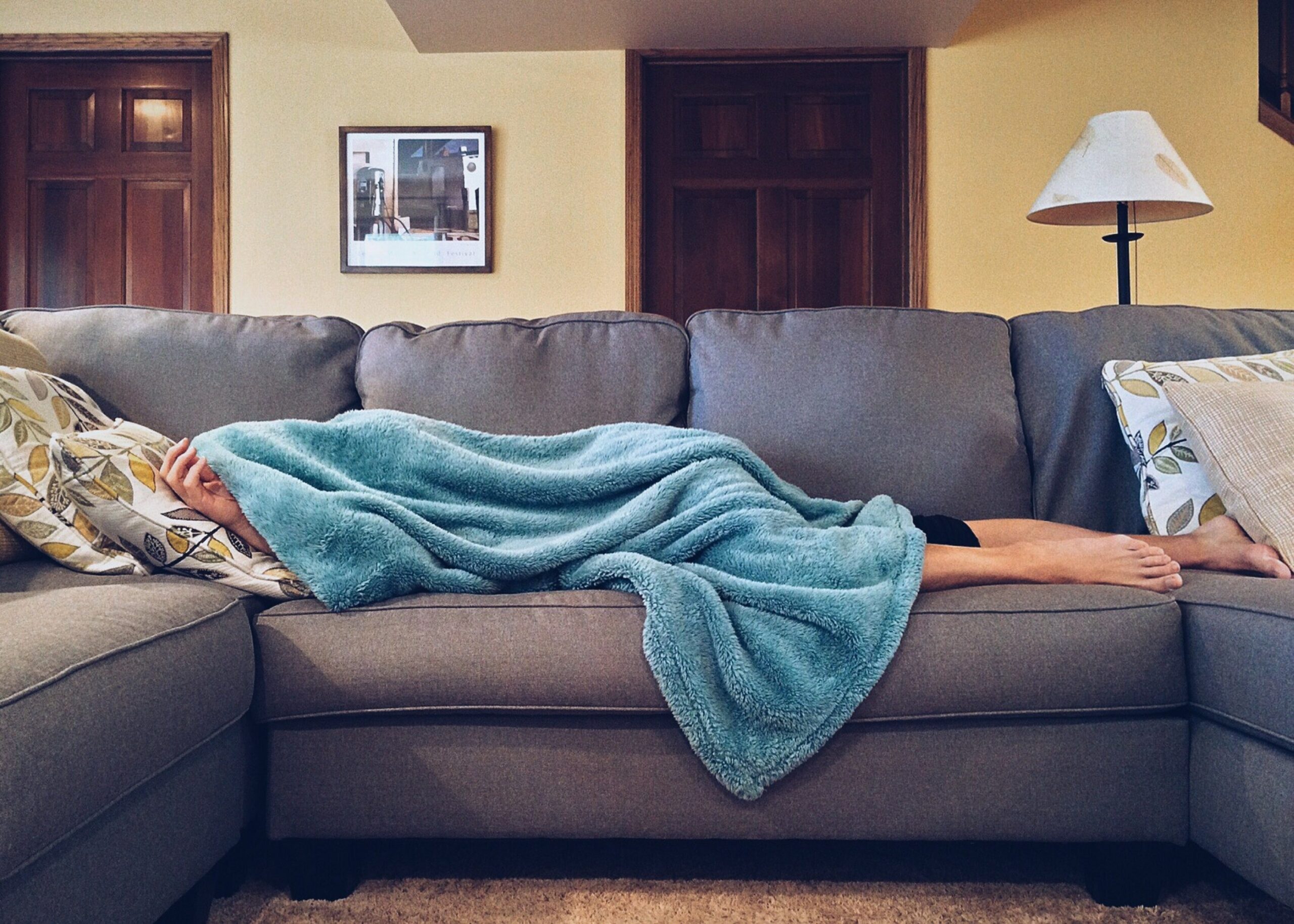
If you do end up in dire need of a nap, try to keep it around 15 to 20 minutes long.
This should be enough to give you a boost in energy without going into a deep sleep that would leave you feeling more tired than ever.
Learn more about the art of napping in our post: The Art Of Napping: The Long & Short Of Naps
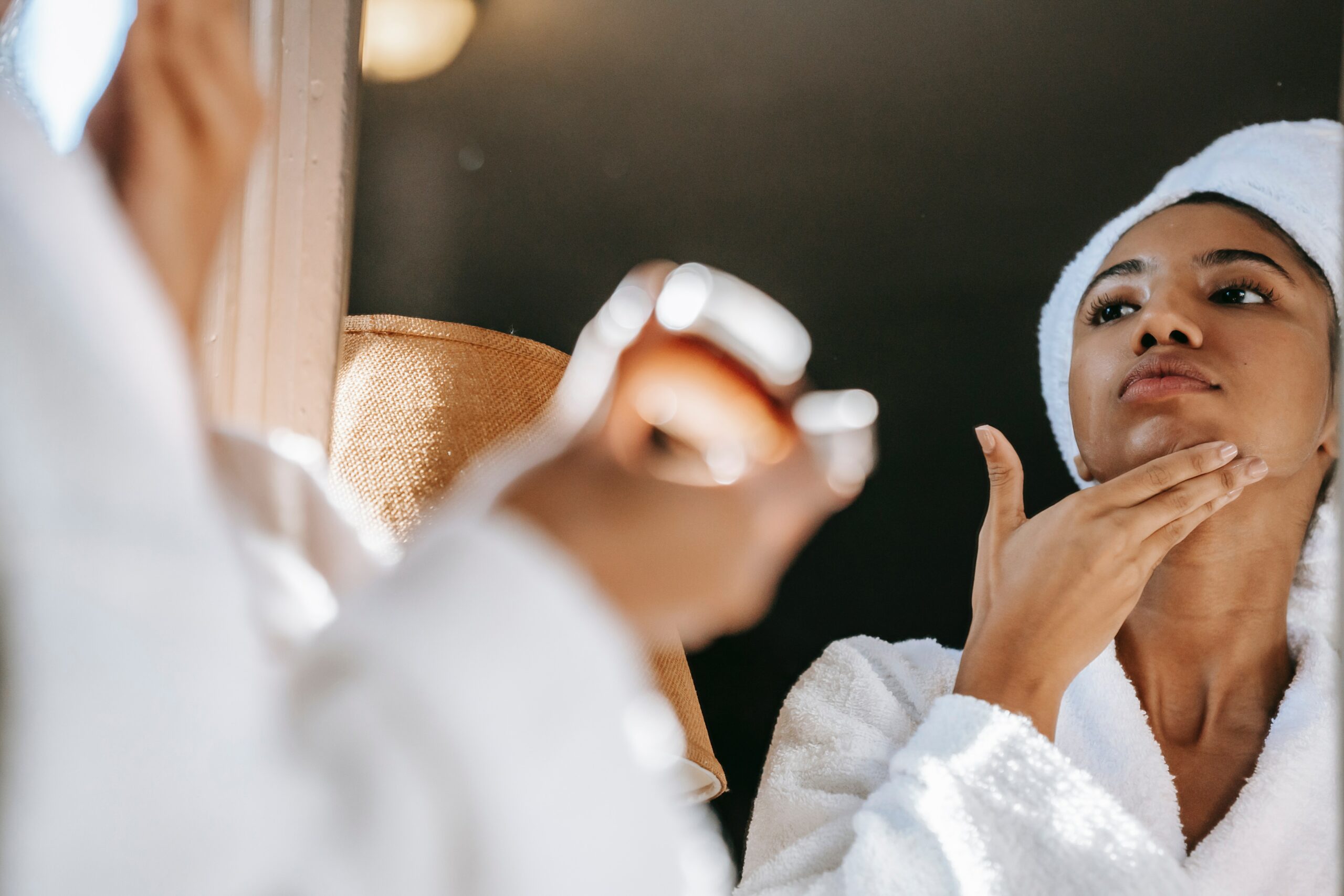
As you go through the routine your body and mind pick up on these cues and start producing melatonin and getting you prepped for going to sleep naturally. The more you stick to your routine, the better your body will be at picking up on these cues and getting you ready for bed.
When you have a strict nighttime routine and you adjust to a new sleep schedule, your routine can help tell your body and mind that it is time to go to bed. Making it easier to get to sleep at a new time.
You May Also Enjoy: Stress Free Nightly Routine & Kids Bedtime Routine

A melatonin supplement will help to induce sleep. We suggest taking it 30 minutes before bed. Although you should always follow the recommendations of your doctor and on the specific melatonin you are taking. Be sure to talk to your doctor about adding melatonin before adding it into your routine.
Learn more about melatonin in our post: A Guide To Using Melatonin

If you don’t stay in bed, and instead get up and start your day, then it will take much longer for your body to adjust to the new sleep schedule.
This rule also applies to those who have a hard time falling asleep earlier. All you need to do is get into bed at the assigned bedtime you would like to be going to sleep at. Then rest your eyes and body. You don’t have to be asleep right away. Just get used to getting in bed at that time and eventually your body will take over.
Struggle with insomnia? Check out our post: Guide To Insomnia

Following our tips and tricks should help move things along with getting adjusted to your new sleep schedule. However, if it takes more than a few weeks to adjust, you may want to chat with your doctor to see if there is something making it difficult for you to get your best sleep possible.
Click HERE to learn more about the different Circadian Typologies.
All of these sleep tips for getting great sleep during daylight saving time are all to help you ease through the transition. The truth is that no matter what your body will adjust to the new time change over time. When in doubt, trust that your body will eventually adjust to the new normal. You will be able to get the sleep you need.
Have a question for us? Send us a message throughout our Contact Us page. We would be happy to help out in any way we can.

Our Texas Showrooms Are Here To Help With All Your Favorite Online Brands! And We Offer Exclusive Coupons To Save More!
Learn More